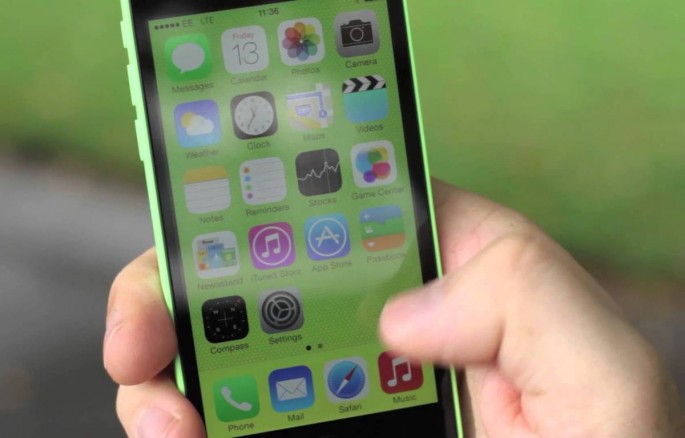The United States Department of Justice filed a case on March 7, Monday, requesting the court to overrule a ruling in an iPhone unlocking case in New York.
U.S. Magistrate Judge James Orenstein in the Eastern District of New York previously denied a request by the Department of Justice to force Apple to unlock an iPhone used in a drug case, according to Mashable.
The government wanted to compel apple to unlock the iPhone using the All Writs Act, an argument the court rejected. As a result, the Department of Justice resubmitted its request on Monday, this time requesting that a higher court judge handle the case.
In a statement obtained by The Guardian, Apple said, "Judge Orenstein ruled the FBI's request would 'thoroughly undermine fundamental principles of the Constitution' and we agree. We share the Judge's concern that misuse of the All Writs Act would start us down a slippery slope that threatens everyone's safety and privacy."
While the New York drug case differs from the case involving an iPhone used by a shooter in the San Bernardino attacks, the government used similar arguments. However, there are significant differences in the two cases, particularly because the iPhone in question in San Bernardino is an iPhone 5C running iOS 9.
Therefore, Apple argues that the only way to bypass the lock screen on the smartphone is to create a custom version of iOS that would allow officers to brute-force into the phone. The tech giant argues that such moves would be equivalent to a backdoor that could be used to unlock any iPhone.
On the contrary, the New York drug case involved an iPhone running iOS 7. The version is not encrypted the same way, and the government argues it would not require the same level of assistance by Apple.
In the case, the Justice Department contends, "Apple has the technological capability to bypass the passcode feature and access the contents of the phone that were unencrypted."
In his ruling last week, Judge Orenstein did not believe the fact matter and he still rejected the government's request under the All Writs Act. Here is footage on the San Bernardino case:



























